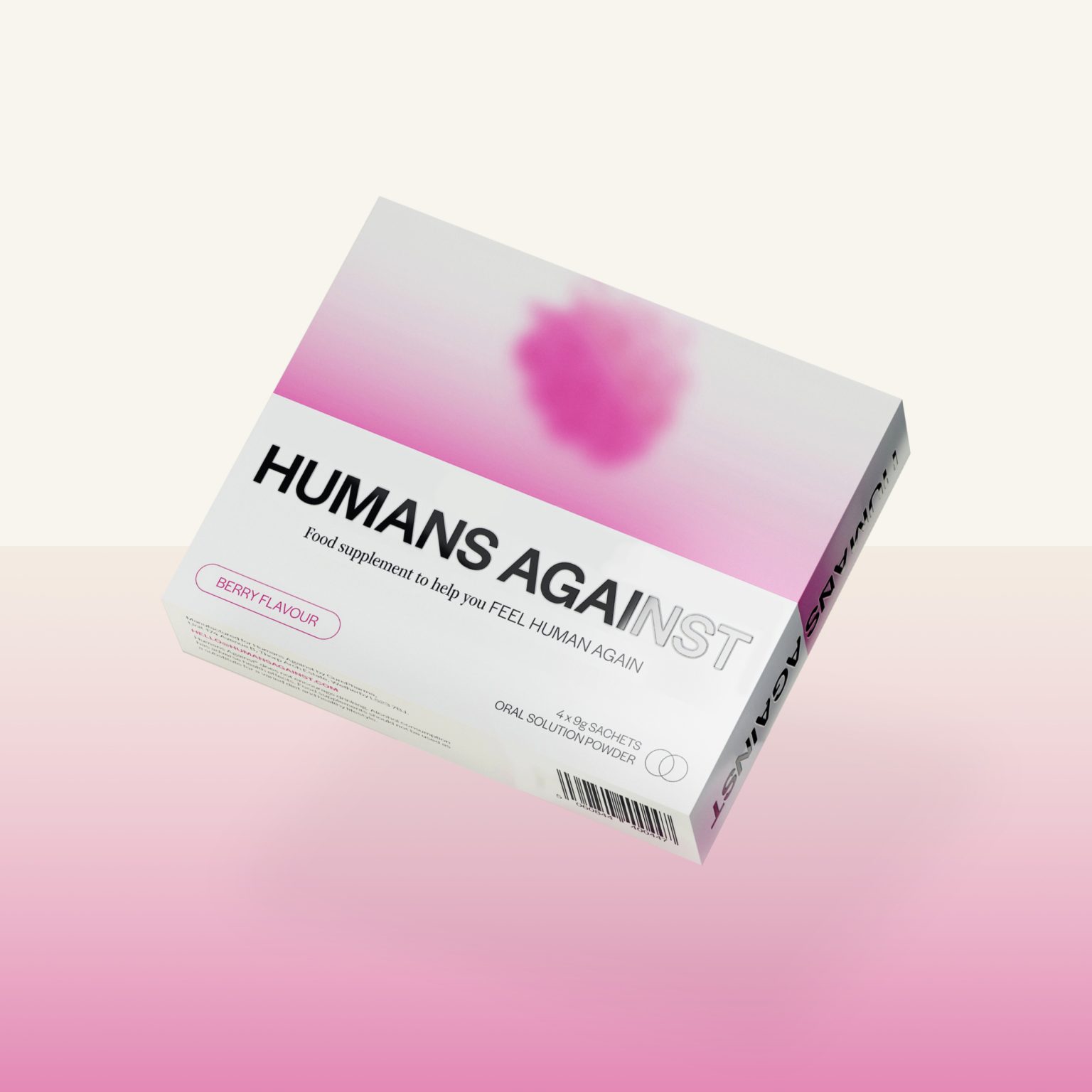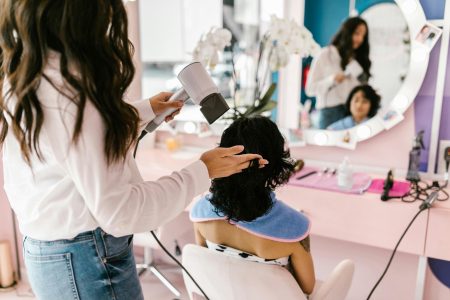With the first post-Dry January weekend behind us, many people have reintroduced alcohol for the first time in 2025. While some eased back in, others may have woken up with more than just a headache and experienced “hangxiety,” the mix of hangover symptoms and heightened anxiety that can leave you feeling emotionally drained and unsettled.
As drinking habits reset after a month-long break, understanding hangxiety and how to prevent it can help make social drinking more enjoyable without the emotional toll.
With this in mind, Ali Alshamari, expert Pharmacist and lead developer at Humans Against Hangovers, sheds light on hangxiety’s causes and offers 9 tips to help prevent and manage it:
“Hangxiety, a mix of hangover and anxiety, occurs when alcohol disrupts brain chemistry. As a depressant, alcohol slows brain activity, while boosting relaxation and “feel-good” chemicals like dopamine. However, once it wears off, the brain struggles to rebalance, leading to a drop in relaxation and a surge in stress hormones.
“This rebound effect can leave people feeling emotionally vulnerable, usually lasting around 24 hours, peaking in the morning and easing through the day. Although it can last up to 48 hours after heavy drinking, the good news is that hangxiety is temporary.”
Preventing hangxiety before it starts
The best way to beat hangxiety is prevention and with this in mind, Ali offers 5 tips for a smoother morning after:
-
Pace yourself
“Drinking too quickly can overwhelm your body and lead to a harsher hangover. Stick to a moderate drinking pace and alternate alcoholic drinks with water or a non-alcoholic option. This helps keep you hydrated and gives your body more time to process alcohol.
-
Eat before drinking
“A balanced meal rich in protein and healthy fats slows alcohol absorption, helping to maintain stable blood sugar levels and reducing alcohol’s impact on your system. Foods like eggs, avocados, nuts, and lean meats are great options before a night out.
-
Know your limits
“Everyone’s tolerance is different, so it’s important to drink within your limits. Overdoing it can lead to the chemical rollercoaster that triggers hangxiety, so be mindful of how much you’re consuming and when to stop.
-
Avoid sugary mixers
“Cocktails and mixed drinks with high sugar content can cause blood sugar spikes and crashes, which can leave you feeling shaky and anxious the next day. Opt for drinks with soda water or low-sugar mixers instead.
-
Support your body with supplements
“Food supplements like Humans Against Hangovers are designed to help your body handle the after-effects of drinking by replenishing key nutrients, reducing inflammation, and supporting hydration. Taking a supplement before and after drinking can help lessen both physical hangover symptoms and the emotional toll of hangxiety.”
How to manage hangxiety
“While there’s no instant fix for hangxiety, there are simple, effective ways to help your body and mind recover faster.
-
Replenish lost nutrients
“Alcohol drains essential vitamins and minerals, particularly B vitamins and magnesium, which are important for regulating mood and energy levels. To restore balance, try eating nutrient-dense foods like eggs, leafy greens and whole grains. These can help replenish what’s been lost and support your body’s recovery.
-
Soothe nausea with ginger
“If hangxiety comes with an upset stomach, ginger is a natural remedy known for easing nausea. You can enjoy it as tea, chew on a small piece of raw ginger or take it in supplement form. Its anti-inflammatory properties help calm the digestive system and may ease feelings of queasiness.
-
Stay hydrated
“Dehydration is a major contributor to hangxiety, making it crucial to drink plenty of fluids. Water is key, but electrolyte-rich drinks can help restore your body’s balance more effectively. Coconut water is particularly helpful for rehydrating and replenishing lost minerals.
-
Move your body (Gently!)
“If you’re feeling up to it, light exercise like yoga or a brisk walk can stimulate the release of endorphins, improving your mood and reducing anxiety. However, avoid intense workouts since your body is already focused on healing and recovering. Gentle movement can provide a mental boost without further taxing your system.”
For more expert tips and advice about hangover relief and managing hangxiety, please visit https://humansagainst.com/blogs/social/understanding-hangxiety









